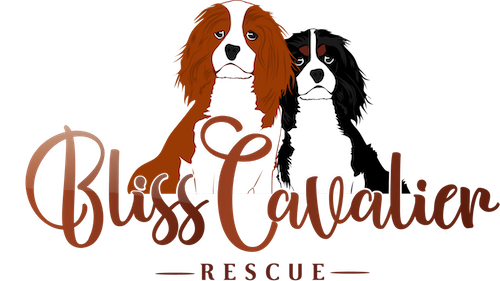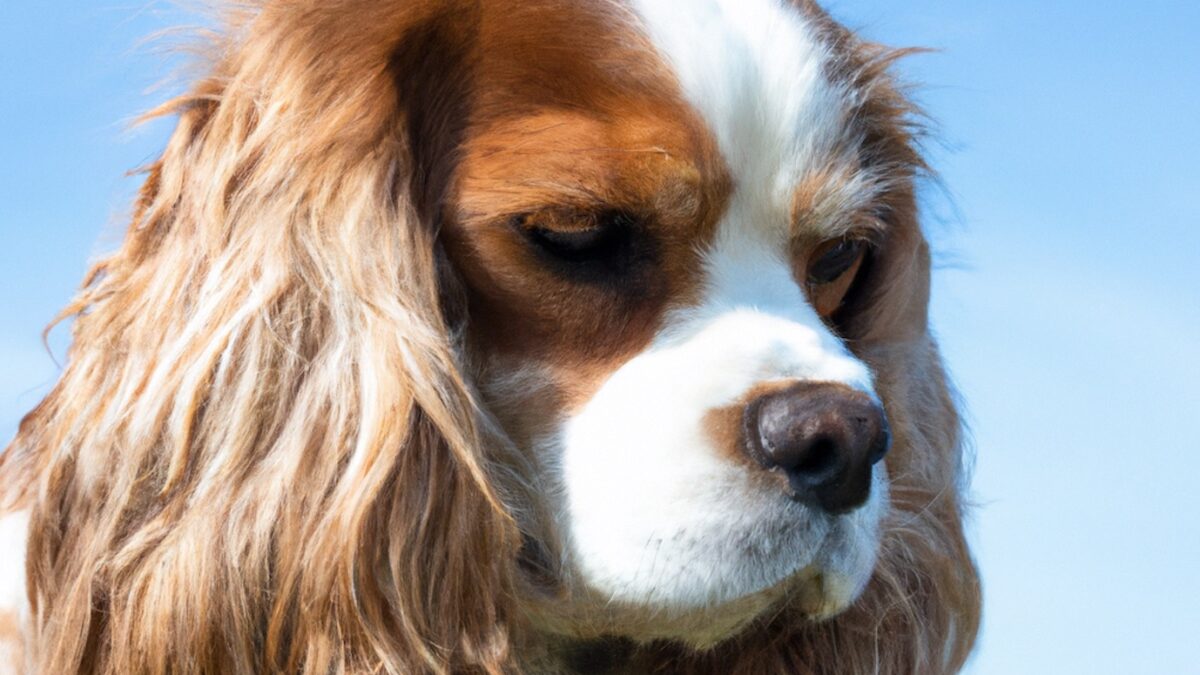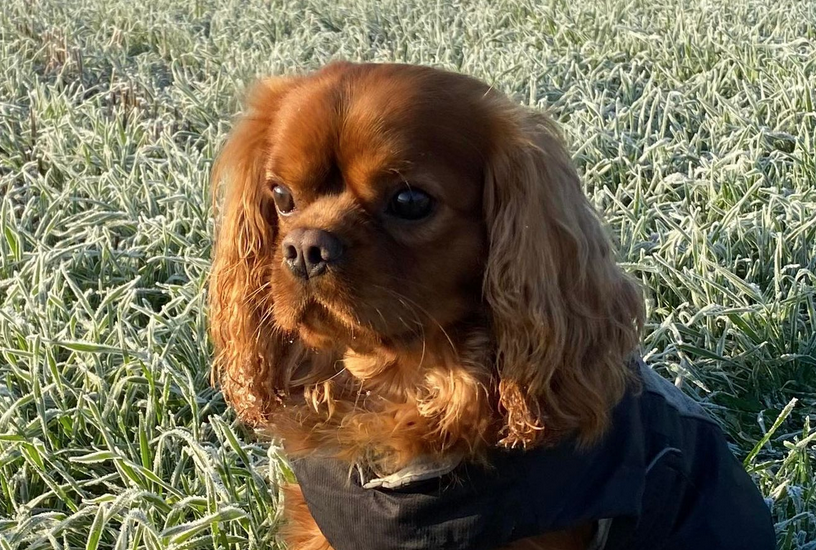Why You Should Never Smack a Cavalier (Or Any Dog) on the Nose
One of the many joys of having a pet dog is the unique bond and mutual understanding that develops over time. Training is a significant aspect of this relationship, helping to establish clear communication and expectations between the Cavalier and the owner. However, how we choose to train our Cavaliers is critical. All too often, outdated punitive methods are used, like smacking a dog on the nose. This approach is not only harmful but ineffective, especially with sensitive breeds such as the Cavalier.
Implications of smacking your Cavalier
Cavaliers are renowned for their affable nature and love for their humans. They thrive in environments filled with warmth, positivity, and consistent reinforcement. Like any dog, punishing a Cavalier by smacking them on the nose can lead to a host of problems, from damaging the trust you’ve built with your pet to causing behavioural issues down the line.
Firstly, let’s consider the physical implications. A dog’s nose is incredibly sensitive, loaded with receptors that help them navigate the world. Imagine the sudden shock and pain a smack on the nose can cause. It’s uncomfortable and scary for them. But the damage isn’t just physical. Emotional harm can be just as detrimental.
Cavaliers are intelligent
Cavaliers understand actions more than words. A smack on the nose may not convey the intended message of correcting behaviour. Instead, it may cause fear, stress, and confusion. Over time; this approach may increase your dog’s anxiety. It may even trigger defensive behaviours such as aggression or fear-biting. This is particularly significant in breeds that are more susceptible to anxiety disorders.
Punitive measures such as nose smacking also undermine the trust and bond between you and your pet. Dogs, like humans, respond best to respect and kindness. Trust, once broken, can be incredibly challenging to rebuild. Instead, we should strive to create an environment where our pets feel safe and secure.
Positive reinforcement is key
Fortunately, there’s a better way: Positive Reinforcement. This training methodology rewards desired behaviours, thereby encouraging the dog to repeat them. This could be as simple as giving a treat when your dog sits on command or offering praise and a belly rub when they greet a new person politely. Over time, your dog will associate these positive outcomes with good behaviours and strive to repeat them. Don’t forget- Cavaliers love a treat and will ‘work’ to earn another.
Training should not be about dominance but communication. When your Cavalier does something undesirable, instead of punishment, aim to redirect them towards more acceptable behaviour. For example, if your Cavalier is chewing on shoes, gently remove the shoe and replace it with a suitable chew toy. When they engage with the toy, offer praise or a treat as a reward.
Lastly, remember that training is a process, and patience is key. Cavaliers, just like us, have good days and bad days. They can get confused, distracted, or just plain stubborn. But with consistent, positive, and patient training, you’ll find that not only will your Cavalier (or any dog) learn the desired behaviours, but the bond between you will also become stronger and deeper.
Smacking your Cavalier is NEVER ok
It is important to consider the welfare of our furry friends when it comes to training them. Smacking any dog, including a Cavalier, on the nose is not the way to go. Not only is it unkind, but it is also ineffective. Such a method will only lead to fear and anxiety in dogs, which is an unhealthy way of treating them. Adopting training techniques that promote mutual respect, love, and understanding is a much better way to achieve our desired results. This way, our dogs will be happier, healthier and more receptive to training.






